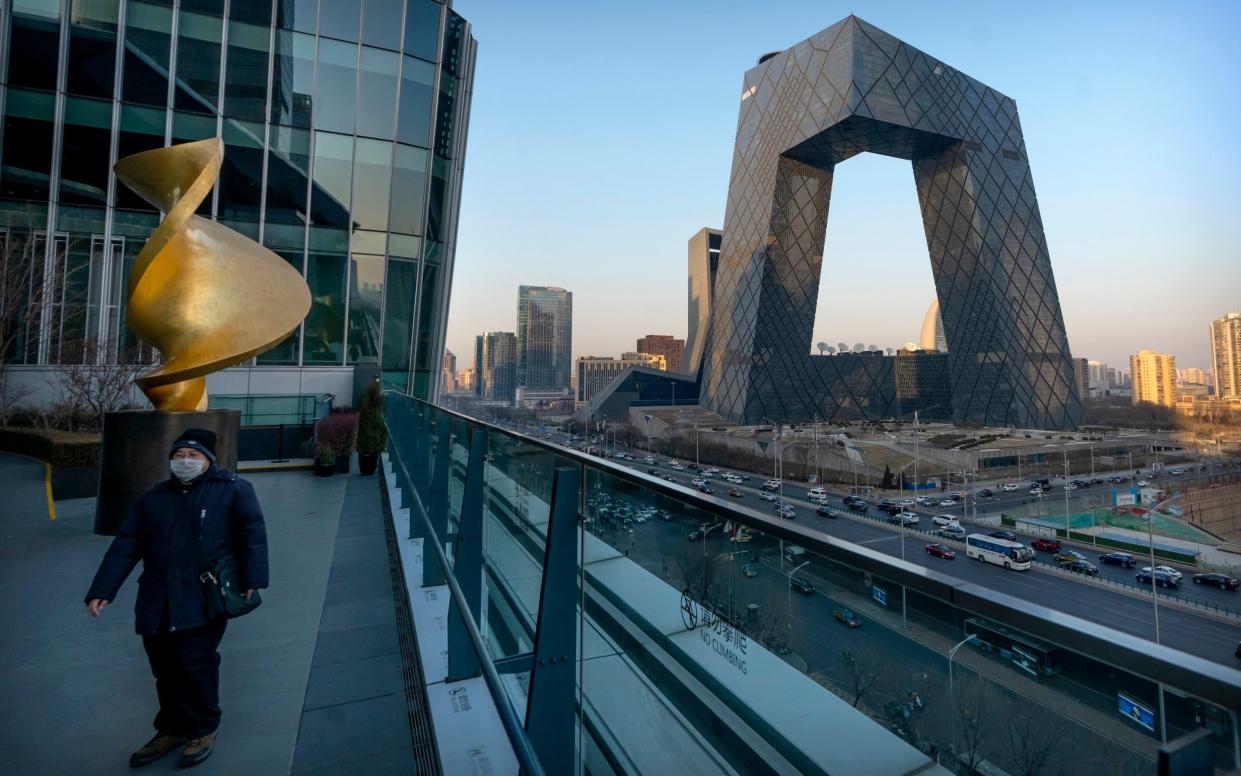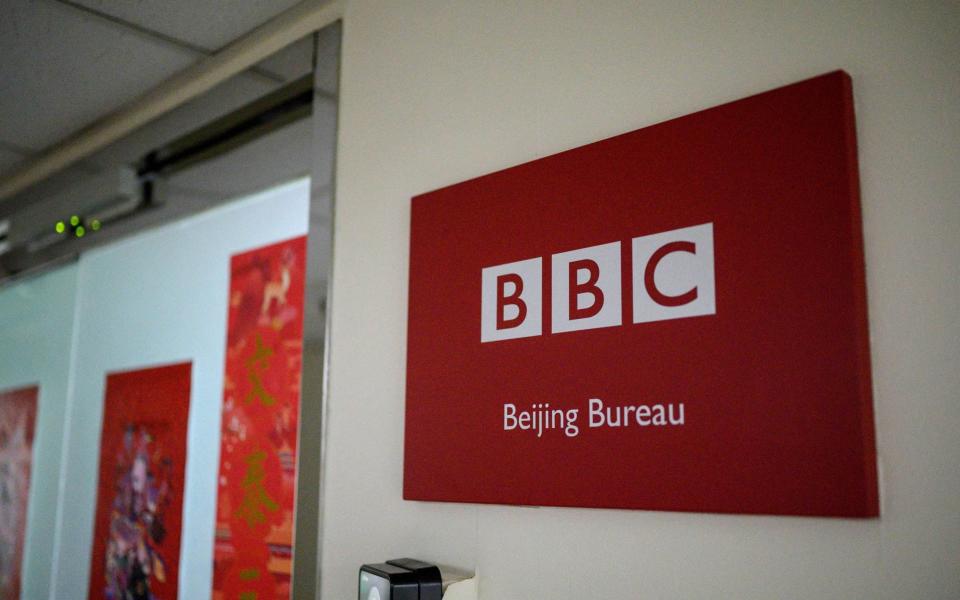China using Big Tech firms to attack BBC in state propaganda campaign, says report

China is using social media platforms such as Twitter to attack the BBC in a state-backed disinformation campaign to undermine critical reporting by Western media on human rights abuses, finds a new report by the Australian Strategic Policy Institute (ASPI).
The “coordinated effort by the [Chinese Communist Party’s] propaganda apparatus” is meant to “discredit the BBC, distract international attention and recapture control of the narrative,” according to the report.
The ASPI report finds that the same Twitter network that previously amplified coronavirus origin conspiracy theories – for instance, China claiming the pandemic didn’t emerge in Wuhan and instead blaming the US Army – is now being leveraged to attack the BBC.
That “pro-CCP Twitter network” continues to boost content pushed by China’s foreign ministry, going so far as to claim the BBC is paid by Western intelligence or “anti-China forces” to air certain stories.
China has before levied similar allegations against other foreign media outlets.

“Negative online engagement with the BBC peaks on the same days as that of the party-state’s diplomats and state media,” finds the ASPI report. “This is a critically important multiplier effect that helps CCP disinformation and propaganda be effective.”
As China’s relations have deteriorated with the West, its propaganda and disinformation campaigns have ramped up in intensity. The latest onslaught against the BBC comes after broadcast regulator Ofcom revoked the license for Chinese state broadcaster CGTN to air programmes in the UK.
China then banned the BBC as well, though the channel was only accessible in some hotels and homes accessible to foreigners, and government censors routinely take it off the air when stories the Chinese authorities dislike are aired, for instance about pro-democracy protests in Hong Kong.
ASPI authors Albert Zhang and Jacob Wallis found that 48 Chinese diplomatic and state media Twitter accounts mentioned the BBC 253 times this year through mid-February. Over the same period, 33 Chinese diplomatic and state media Facebook accounts mentioned the BBC 161 times. State media outlets also paid to have posts promoted on Facebook.
Most of these posts were aimed at discrediting the BBC’s reporting on Xinjiang human rights abuses as “fake news” and “biased.”
The campaign is largely directed at shaping international views outside of China, as social media platforms including Twitter, Facebook and YouTube are blocked in the mainland, and cannot be accessed by the Chinese public.
The BBC said in February: “We stand by our accurate and fair reporting of events in Chian and totally reject these unfounded accusations of fake news or ideological bias.”

 Yahoo News
Yahoo News 
